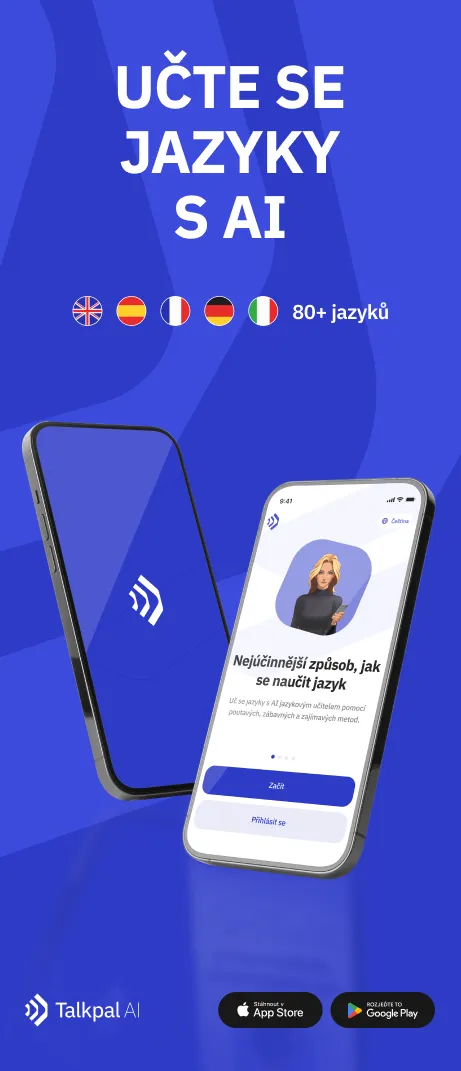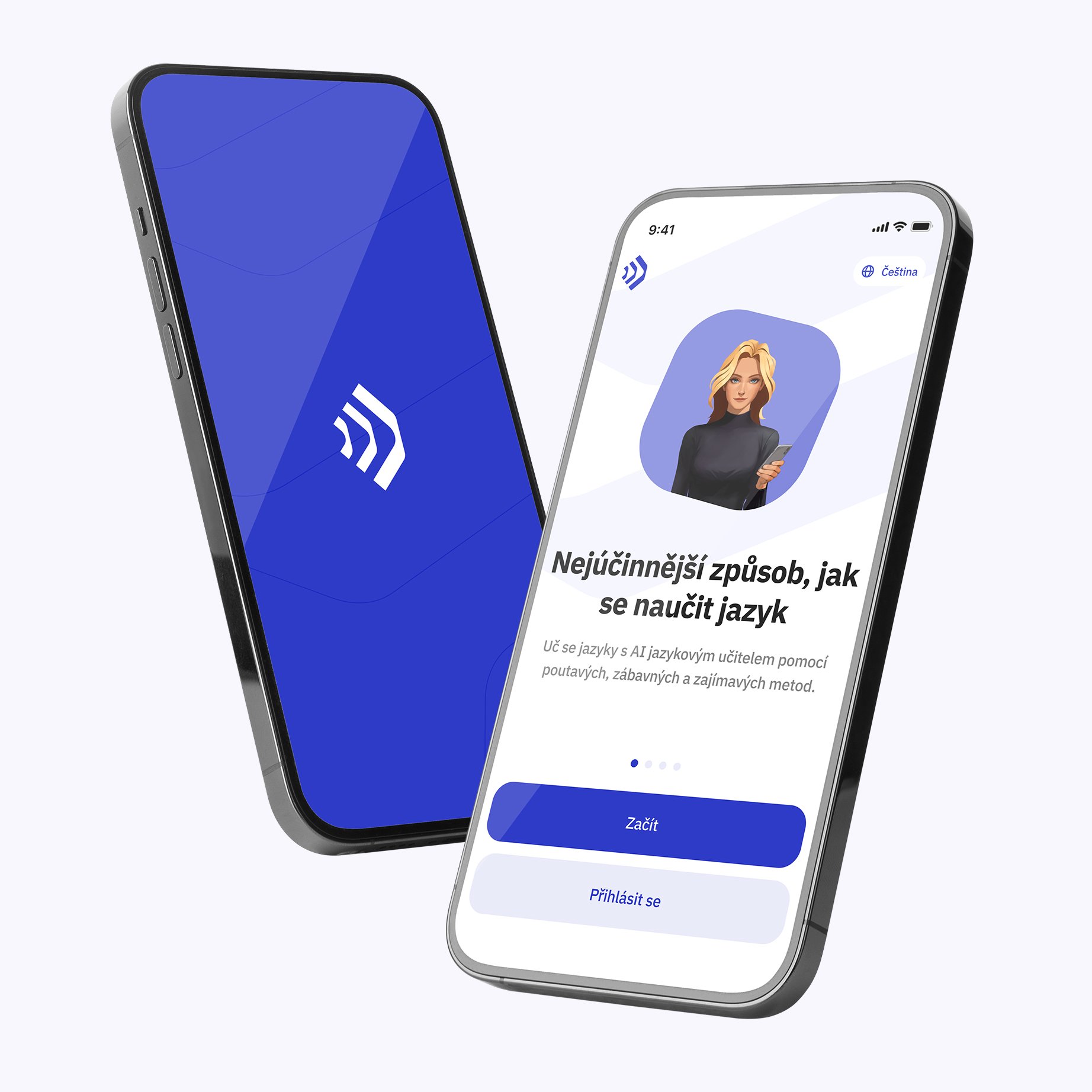Cvičení 1: První podmínkové věty (First Conditional)
2. She *will call* you if she finishes her work early. (Použij budoucí čas v hlavní větě)
3. If they *don’t hurry*, they will miss the bus. (Použij zápor v přítomném čase ve vedlejší větě)
4. We *will buy* a new car if we save enough money. (Budoucí čas v hlavní větě)
5. If you *study* hard, you will pass the exam. (Přítomný čas ve vedlejší větě pro podmínku)
6. If he *is* tired, he will go to bed early. (Použij přítomný čas slovesa „to be“)
7. They *will come* to the party if they finish work on time. (Budoucí čas v hlavní větě)
8. If I *have* time tomorrow, I will help you. (Přítomný čas pro podmínku)
9. You *will feel* better if you rest. (Budoucí čas v hlavní větě)
10. If the weather *is* nice, we will go for a walk. (Použij přítomný čas ve vedlejší větě)
Cvičení 2: Druhé podmínkové věty (Second Conditional)
2. She *would buy* a house if she had more money. (Použij „would“ + základní tvar slovesa v hlavní větě)
3. If he *studied* harder, he would pass the test. (Minulý čas ve vedlejší větě pro nereálnou podmínku)
4. They *would help* us if we asked them. (Hlavní věta s „would“)
5. If you *were* taller, you could play basketball better. (Minulý čas slovesa „to be“)
6. I *would buy* that car if it were cheaper. (Použij „would“ + základní tvar slovesa)
7. If we *had* a garden, we would grow vegetables. (Minulý čas ve vedlejší větě)
8. You *would feel* better if you took a break. (Hlavní věta s „would“)
9. If he *knew* the answer, he would tell us. (Minulý čas ve vedlejší větě)
10. We *would travel* more if we had more free time. (Hlavní věta s „would“)










